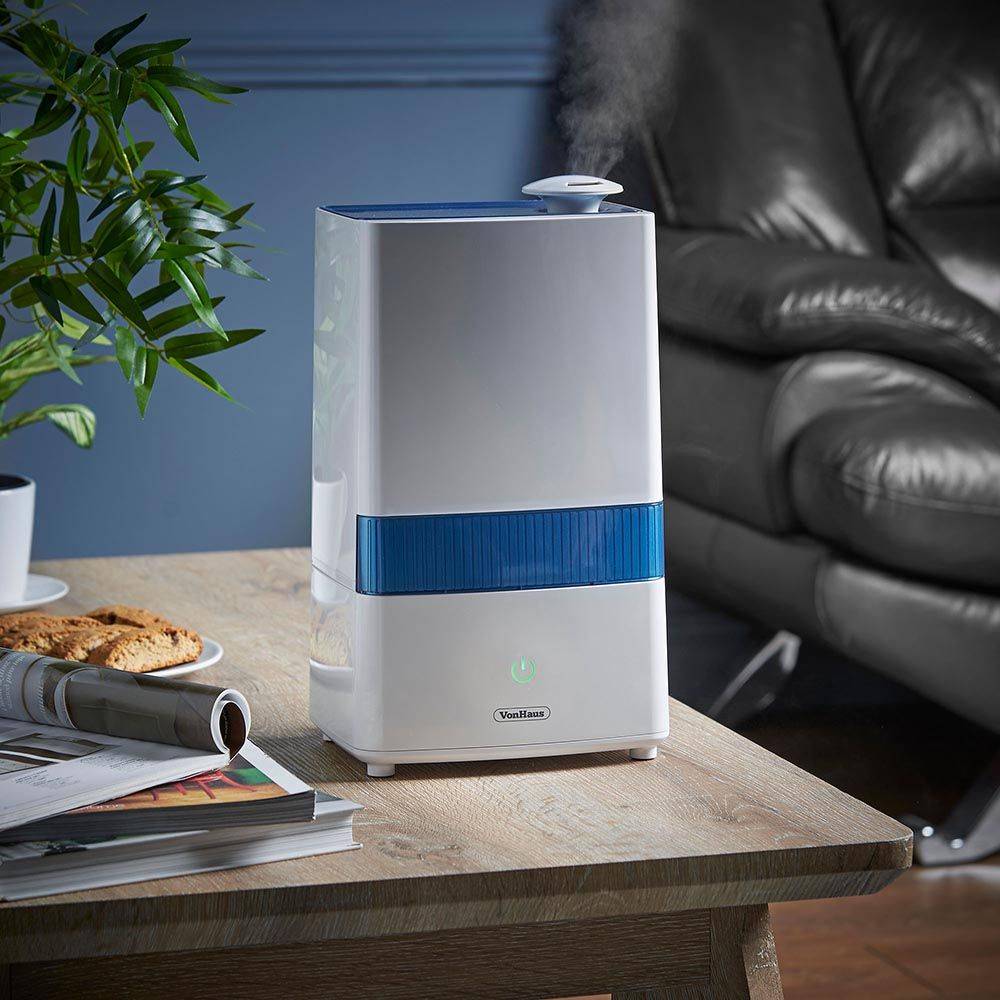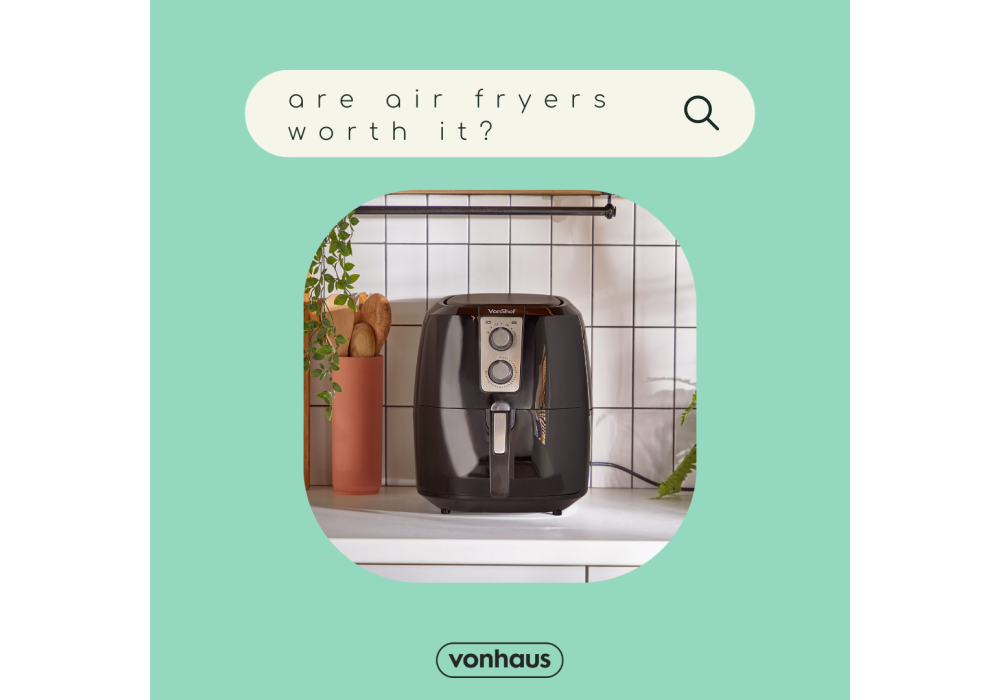What does a humidifier do & should you buy one?


From flu prevention to slashing heating bills, humidifiers are trending in the homeware world. But can they really curb allergies while watering your plants and slashing your bills?
Or are they just full of hot air?
Here, we explain all things humidifier, including how they work, the benefits and drawbacks, and how to clean one.
What is a humidifier?
Humidifiers are devices that emit water vapour into a space to increase humidity.
By adding moisture to the air, humidifiers prevent irritation caused by dry air (dry skin and chapped lips) and may ease flu symptoms. Humidifiers can even help reduce snoring!
Humidifier benefits
Humidifiers offer a range of benefits in winter when cold air dries out your lungs, nose, and lips.
But they’re not just for winter.
If you suffer from hayfever (or any allergy), you’ll know the pain of surging pollen levels in summer. But there’s a new line of defence against the summer sniffles: the humidifier.
By injecting moisture into the air, a humidifier will clear your airwaves and leave you feeling refreshed – no more irritation or inflammation!
Here are some more humidifier benefits; some may surprise you:
1. Prevent flu
Are humidifiers good for you? Let’s look at the science.
One notable study found that humidifiers may reduce the risk of catching the flu by raising humidity levels.
Researchers emitted the flu virus into a confined space and discovered that humidity levels above 40% rapidly deactivated the virus particles, making them less infectious.
You 1, Flu 0.
2. Make a dry cough productive
Dry air can cause an unproductive cough – those dry, tickly ones that don’t produce mucus.
But a humidifier gets moisture in the airwaves and releases that trapped sticky phlegm, making a frustrating cough more productive.
Ahem!
3. Reduce snoring
Increasing the level of moisture in the air can also reduce snoring! Again, this is all about lubricating the airwaves.
So, running a humidifier at night may ease snoring symptoms – much to your partner’s delight.
4. Moisturise hair and skin
Ever noticed that your hair, skin, and lips get dry and fragile in winter? This is due to dry air starved of moisture – but humidifiers increase humidity.
The result? Cloud-soft skin without expensive creams and potions!
5. Benefits for the home
Health benefits aside, humidifiers are also mighty handy around the home.
First off, the humid air humidifiers produce might slash your heating bill, because moist air feels warmer than dry air (find more winter money savers here).
Your décor and greenery will thank you, too, because humidifiers can prevent wallpaper from cracking and give moisture-loving houseplants the hydration they need. Result!
How to clean a humidifier
There are many ways to clean a humidifier, from using distilled water to white vinegar and tea tree oil. But the most important thing is to clean it regularly. Here’s how to do it:
· Unplug the humidifier
· Every day: Empty, rinse and dry the base and tank
· Once a week: Remove any mineral build-up with your preferred solution and disinfect the humidifier with a 10% bleach solution
· If using bleach, rinse the tank several times with water to prevent emitting chemicals into the air
· Check and change the cartridges and filters regularly
That’s it: your humidifier should now be squeaky clean and ready to go.
Are humidifiers safe?
Dehumidifiers are 100% safe as long as you clean them regularly. But without regular maintenance, they could emit bacteria and mould.
What is the ideal indoor humidity level?
Like central heating, the ideal humidity level comes down to preference, but here’s a general guide:
Less than 60% in summer; between 25-40% in winter
For reference, the average humidity is 25% in the Sahara Desert and 85% in the Amazon rainforest.
Aside from discomfort, condensation, mould, and insects may indicate that the humidity level is too high.
How to treat damp air
Like air that’s too dry, damp air can cause an issue. But you can take steps to reduce humidity by:
Using an air conditioner: Air conditioners reduce the humidity in the air, keeping moisture at a healthy, comfortable level.
Using a dehumidifier: Dehumidifiers work like air conditioners without the cooling effect—they lower humidity by collecting excess moisture from the air.
So, will you nab a humidifier to keep your home fresh this winter? Let us know in the comments!
And be sure to check out our blog for more product guides, home hacks, and handy how-to articles.
Until next time, ciao for now!




 Need help?
Need help?
